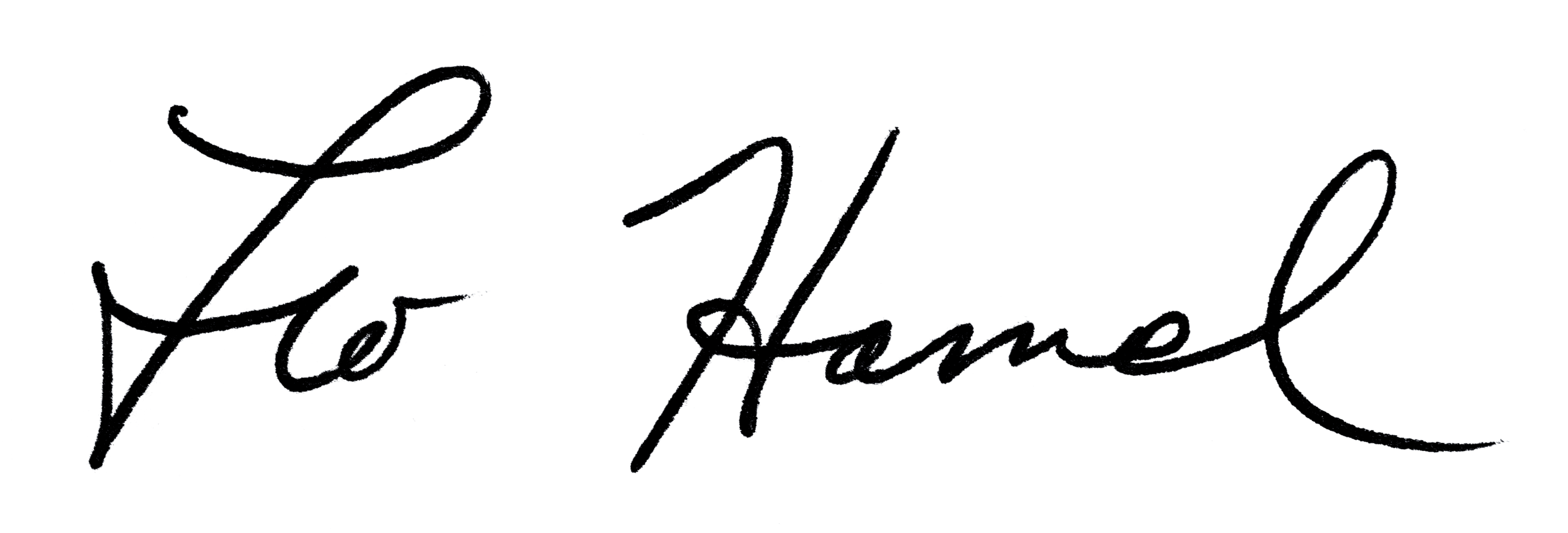
Leo Hamel Fine Jewelers Policy Letter
Commissions to Estate Buyers
As our Estate Buying department continues to grow, we are adding more Estate Buyers to our staff. In the past, we only had only one buyer in the Estate Buyers department. Now we have added additional Estate Buyers in the Old Town store, opened several remote buy offices, and plan to open more buy offices in the future.
The process by which Estate Buyers are paid a commission on their buys is as follows.
- Item is shown to Estate Buyer by customer.
- Estate Buyer evaluates value of item(s) for sale. Estate Buyer checks with Buy Office Supervisor and/or our usual resellers if he or she is not sure of market value.
- Estate Buyer negotiates price with customer.
- Buy is made with complete paperwork.
- The customer is asked to leave a review.
- A stock number is added to the item by the buyer and all data of the buy is entered into Business Mind.
- A basic description is entered.
- 1234 or the watch model number goes in the “vendor style number” field.
- Item and paperwork is put into Hold box for 7-day policy hold. In the case of bullion or coins, there is no hold and items can be sold immediately.
- After the 7-day police hold, the item is now available for sale.
- If Inventory wants the item for resale in the jewelry store, the manager verifies value and tells the Estate Buyer what the store will “pay” for it.
- If Inventory does not want the item for resale, the item is sold to an outside dealer for maximum profit, or sold on eBay.
- For an in-house transfer to Inventory, the item is invoiced from the Wholesale location in Business Mind to Leo Hamel Fine Jewelers Div 4A with the Estate Buyer as the “salesperson” on the invoice. It is sold to the store at the agreed upon “sale” price with the cost being what was paid to the customer. The “buy number” goes in the “invoice notes.”
- For outside sales, the item is invoiced as above to the dealer.
- Accounting will pay a commission of 3.4% on the difference between the buy and sell price to the Estate Buyer when the sales invoices are submitted.
- For in-house transfers, Inventory puts item into stock at the “sale” price and marks it up from there (for adjusted and retail).
- Every day before leaving, the Estate Buyer scans and emails the buy check stubs to Accounting and sends down the hard copies in the next run.
- Accounting will replenish buy checks as needed. Accounting must periodically ensure that all checks sent to the buying stores are used and in sequence.
It is every Estate Buyer’s responsibility to ensure that the store always makes a profit, no matter who makes the buy or from where it comes. In the instance where one Estate Buyer sees an item, makes an offer, and the seller walks only to return and sell the same item to a different Estate Buyer, both Estate Buyers are equally responsible for ensuring that the item has been correctly evaluated and priced. This prevents the second Estate Buyer from being scammed by purchasing fake or swapped items, or from passing along a mistake that the first Estate Buyer made. Commissions will be split on these buys either way – profits and losses will both be split.
When an item previously transferred from an Estate Buyer to Inventory is subsequently sold out of the store to a customer or to a dealer, there are no additional commissions paid to the Estate Buyer.
If the item is to be transferred to Inventory for resale, the transfer price should be decided quickly (within a few days of the item coming out of hold) so that the Estate Buyer can be paid a commission and things are not left hanging in the air. Similarly, sales to outside dealers should be arranged as soon as possible after the item is out of hold.
Estate Buyers are never paid any commission on a buy until that item is out of police hold and either properly transferred to Inventory or sold to an outside dealer. Estate Buyers must be currently employed when the item is sold in order to be eligible for commission on that item. If an Estate Buyer leaves employment or is terminated, he or she is not entitled to commission on items purchased that are still on 7-day hold or that have not yet been sold.
The reason is that buying is only half of the work of making a profit on buys. The other more important half is selling the buy for a profit once it’s out of hold. Processing and selling the item can be a lot of work. We have also discovered that sometimes a buy is not as good as it at first seemed and the profit is less than expected, or the market has changed and it can’t be sold for what was originally expected, or occasionally the item is discovered to be a fake and not sellable at all.
